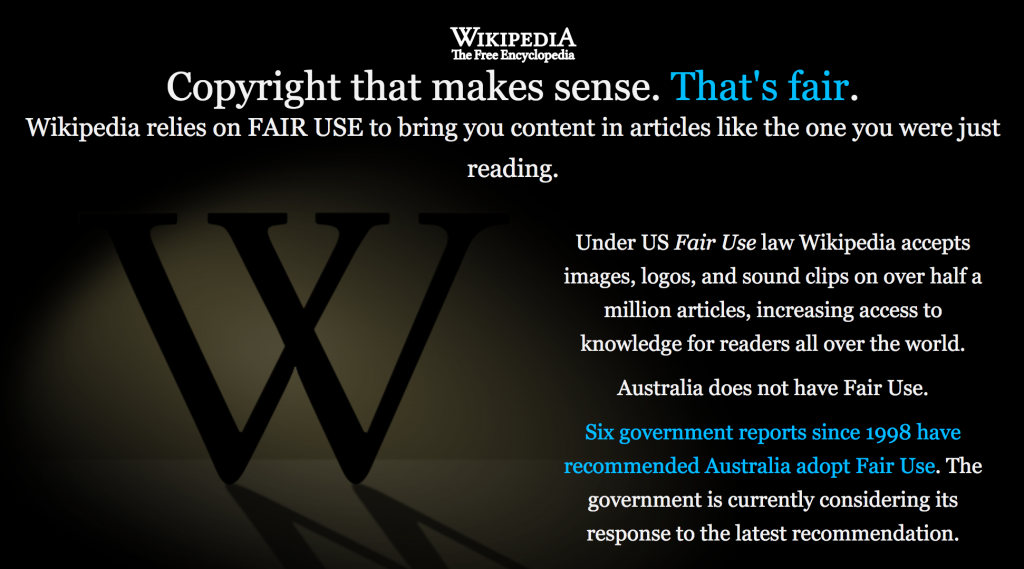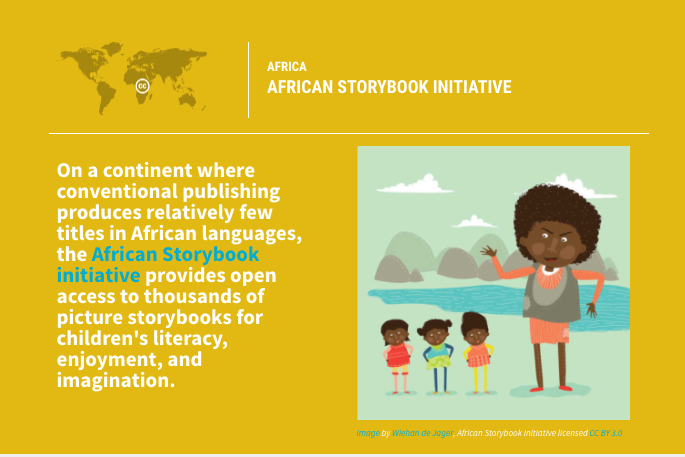Colombian Court Acquits Diego Gómez of Criminal Charges for Sharing a Research Paper Online
jeudi 25 mai 2017 à 02:12Diego Gómez, the Colombian student who for the last three years has been prosecuted for sharing an academic paper online, has been cleared of criminal charges. The decision was delivered today by a judge in the Bogotá Circuit Criminal Court.
In 2014 Diego was a student in conservation and wildlife management, with poor access to many of the resources and databases that would help him conduct his research. In conducting his research, Diego found and shared a academic paper online so that others could read and learn from it, just as he did. Gómez was prosecuted for copyright infringement, and faced up to eight years in prison.
The decision to clear Diego of criminal charges is an important move in the interest of the public good. Instead of prosecuting students for sharing knowledge, our societies should be encouraging the free exchange of scientific information by reinforcing positive norms around scholarship and collaboration, promoting open access to research, and toning down out of control copyright remedies that serve no reasonable public interest purpose.
Even with today’s verdict, Diego’s situation is not over. The prosecutor has appealed the ruling, so the case will continue. Gomez’s defense team plans to launch a crowdfunding campaign to support the cost of defending the appeal. Those who wish to help Diego can sign the following petition and will be notified when the crowdfunding campaign launches: http://www.sharingisnotacrime.org
Diego has been supported by individuals and organisations from around the world, with leadership from the Colombian digital rights group Fundación Karisma.
The post Colombian Court Acquits Diego Gómez of Criminal Charges for Sharing a Research Paper Online appeared first on Creative Commons.



